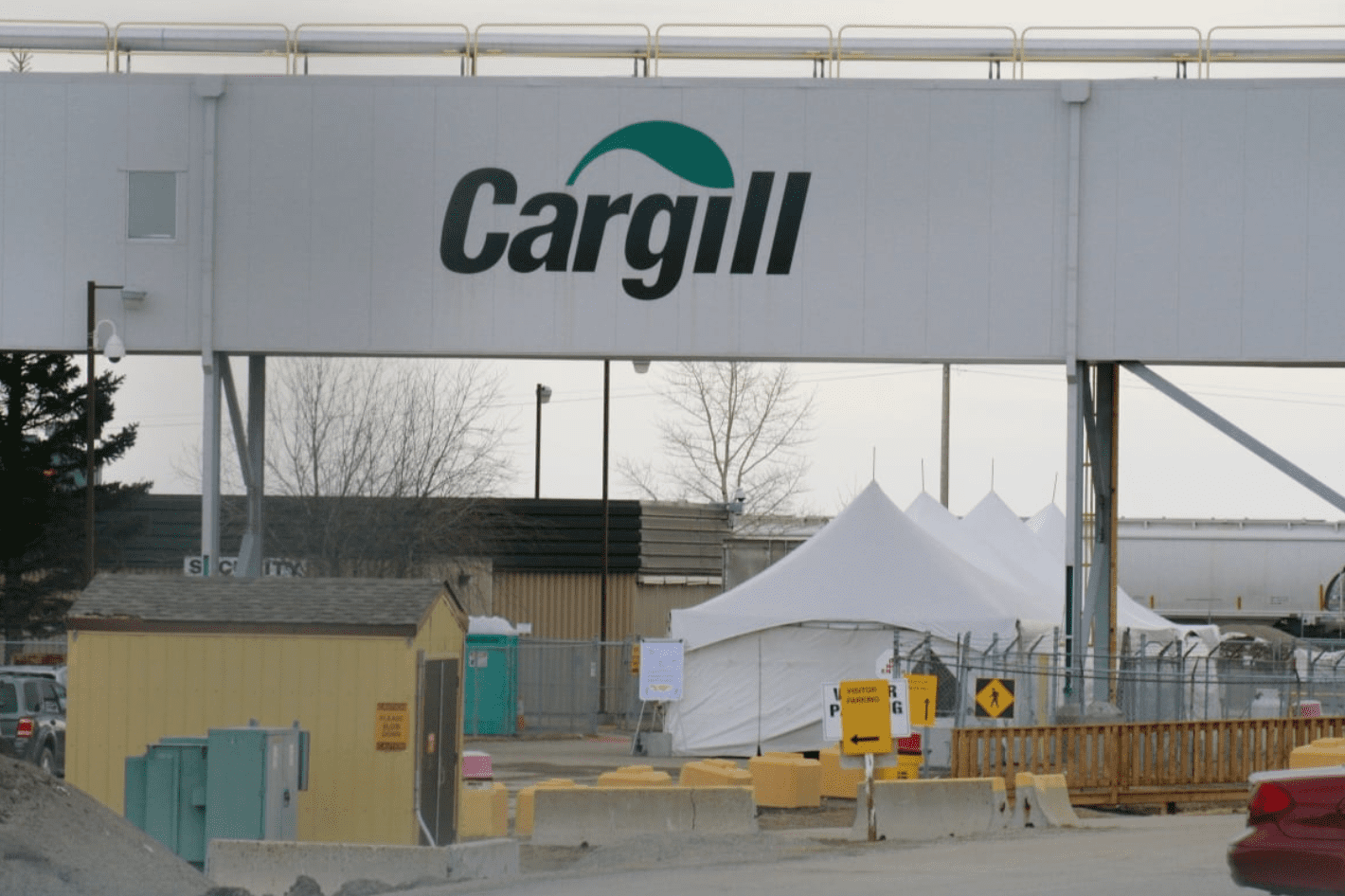What is a reasonable cost for the summertime sizzle of that backyard burger barbecue?
Not the health or lives of workers toiling in the country's meatpacking plants.
In Alberta the Cargill plant in High River and the JBS plant in Brooks process about 70 per cent of Canada's beef, according to the cattlemen's association. Right now Cargill is shut down and JBS is down to one shift a day because of the spread of COVID-19 in the workforce.
So far more than 700 employees at Cargill and more than 120 at JBS have tested positive for coronavirus. Two employees have died.
The packing companies are taking a bottom line hit. On top of that, the food supply chain backup is forcing farmers to feed cattle longer on their ranches because there's nowhere to send them. The financial toll could be $500 million for cattle producers. And consumers are soon likely to see increased prices and shortages.
In High River and Brooks meat packing workers, many of them foreign workers or recent immigrants, are being barred from local grocery stores for fear of contagion, according to a charitable organization called ActionDignity.
Alberta's Medical Officer of Health Deena Hinshaw is predicting the COVID case numbers related to the plants will likely grow.
Both the big meat packing plants should have gone into temporary shut down more quickly when contagion was first detected in the workforce.
A two-week pause in operations can prevent the continuing spread and mitigate more prolonged disruptions in the industry. Deep cleaning of the plant and the development of contagion-prevention measures and workflow changes can be thought out and instituted.
Employees and unions agitated for closures long before Cargill finally shut down on April 20. There is a petition out there now to shut down the JBS plant completely.
But companies and government were both reluctant to blow a big hole in the middle of the meat supply chain.
Thomas Hesse, president of the United Food and Commercial Workers Local 401 says the companies and the Occupational Health and Safety department failed the workers.
In fact Occupational Health and Safety did an inspection of Cargill and declared it safe for workers after an initial retooling of work practices was instituted. The inspection was done by video, not in person, which has drawn plenty of criticism from union officials and the NDP.
Other meat plants across the country have suffered similar disruptions. Granted they aren't as huge as Cargill but some of them closed pretty quickly. In Quebec Olymel closed its hog plant in Yamachiche after nine employees tested positive. Maple Leaf Foods closed its Brampton poultry plant after three people tested positive.
And there are examples of plants which haven't closed despite positive cases, settling for deep cleaning instead.
These decisions aren't easy for companies or for governments. Preserving the food supply chain is a huge responsibility. Assurances that grocery stores will remain stocked help calm a citizenry already at the end of its tether because of the pandemic's many uncertainties.
But the workers at these plants must never be treated as expendable. Their health and safety in the workplace ranks equal to all other Canadian workers.
What Canada must not do is follow the example of the United States. President Donald Trump announced this week that he is using the Defense Production Act to order meat-processing plants to continue operating.
Twenty meatpacking workers have died in the U.S. from COVID and 6,500 have the illness.
The president says he plans to protect the meatpacking companies from lawsuits over inadequate protection in the plants, but he hasn't been specific on such a measure.
Canada needs to get a handle on the meatpacking plant outbreaks quickly. If shutdown are called for they need to proceed and one would hope they will be temporary.
In any case, the juicy burger can be shelved for this summer of COVID if that will save lives. Veggie burgers really aren't that bad.
Photo Credit: CBC News






